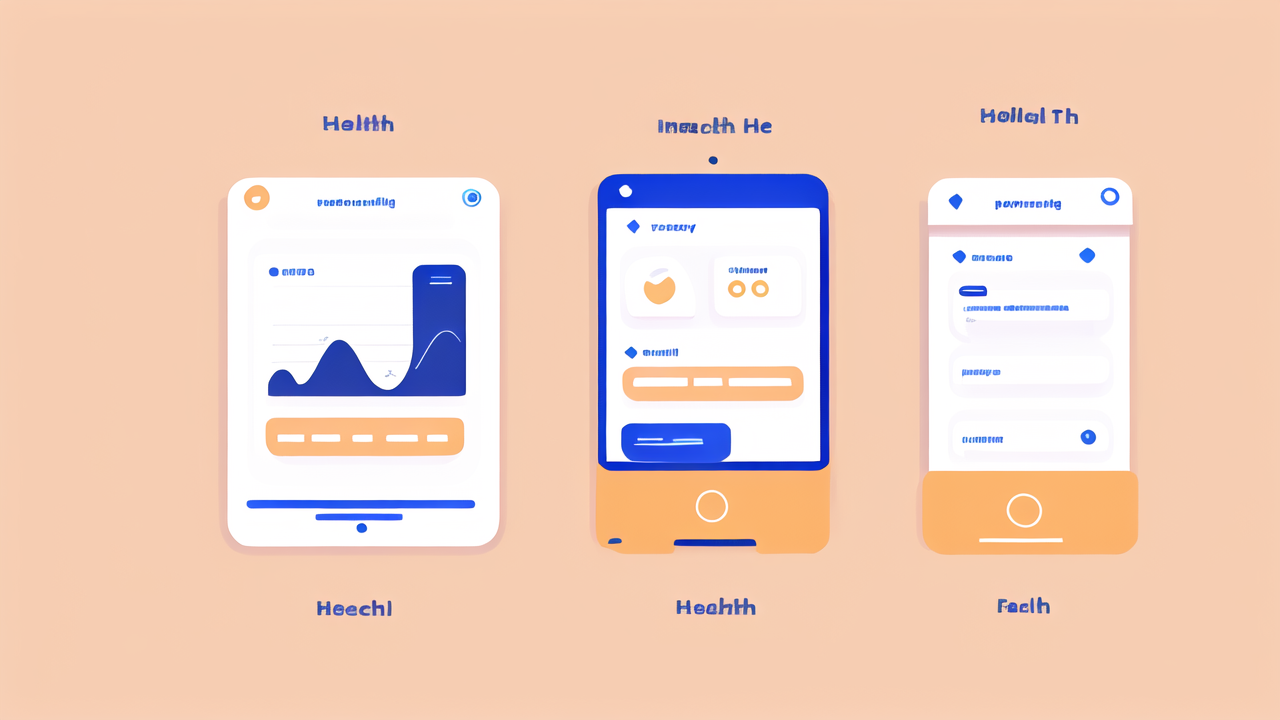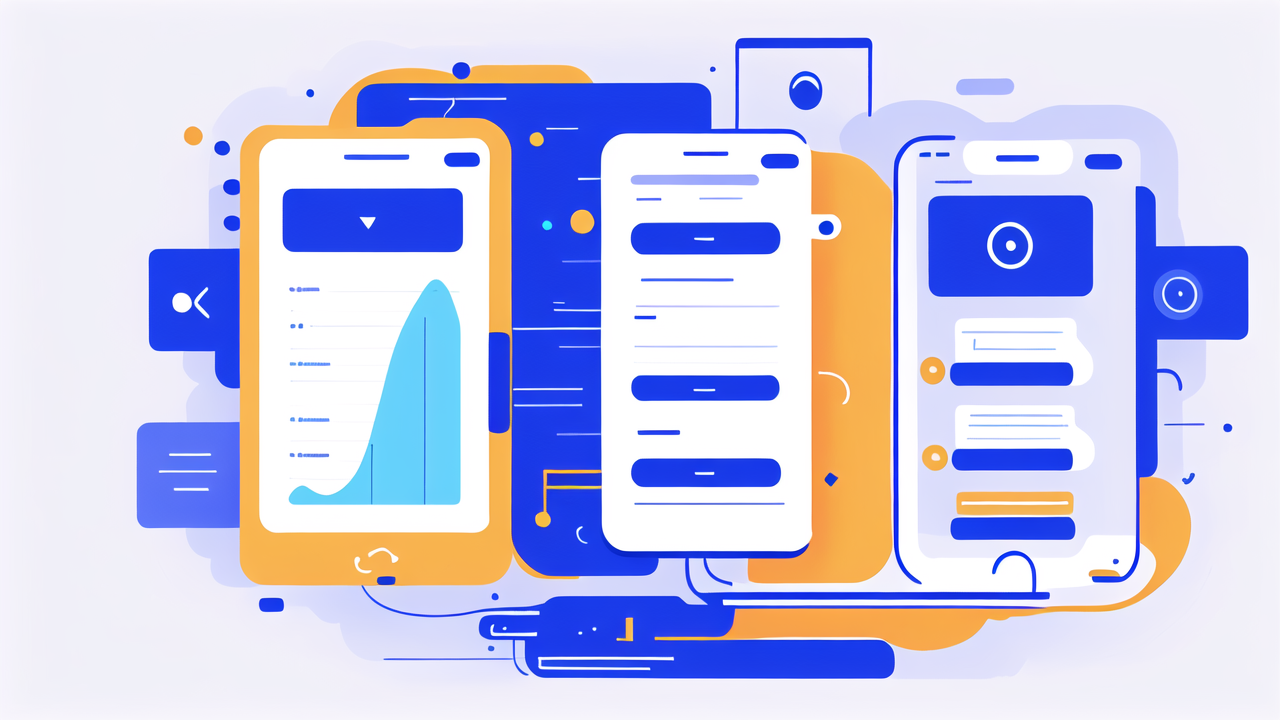The Evolution of Wearable Technology and Personal Health Monitoring
Understanding the Quantified Self Movement
The Quantified Self movement has revolutionized how we track our health. It began with simple step counters. Now, it includes advanced body measurement trackers. These devices collect data on various aspects of our lives.

They monitor our sleep patterns, heart rate, and activity levels. Some even track our mood and stress levels. The goal is to use this data to improve our overall health and well-being.
Wearable tech has made self-tracking easier than ever before. People can now monitor their health in real-time. This has led to a new era of personal health management.
The Rise of Smart Clothing and Wearable Fitness Devices
Smart clothing and wearable fitness devices have become increasingly popular. These items combine fashion with technology. They offer a seamless way to track our health metrics.
Smart watches are a common example. They can monitor heart rate, track steps, and even detect falls. Some can even measure blood oxygen levels and take ECG readings.
Smart clothing goes a step further. It can measure things like muscle activity and posture. Some items can even adjust to your body temperature. These advances are making health tracking more comfortable and convenient.
The Impact of Body Measurement Trackers on Health and Wellness
Enhancing Daily Health Routines with Wearable Tech
Body measurement trackers are changing how we approach our daily health routines. They provide real-time feedback on our activities. This allows us to make immediate adjustments to our habits.

For example, a smartwatch might remind you to stand up and move if you've been sitting too long. It can track your water intake and remind you to stay hydrated. Some devices can even detect changes in your gait or balance.
These trackers also help us set and achieve health goals. They can provide motivation through progress tracking and rewards. This gamification of health can make it more fun to stay active and healthy.
Body Measurement Data: A New Frontier in Wellness Coaching
The data collected by body measurement trackers is opening new doors in wellness coaching. Coaches can now access detailed information about their clients' health habits. This allows for more personalized and effective coaching strategies.
For instance, a coach can see how a client's sleep patterns affect their workout performance. They can track changes in heart rate variability to gauge stress levels. This data helps coaches tailor their advice to each individual's needs.
Moreover, AI-powered apps can act as virtual coaches. They can provide insights and suggestions based on your data. This makes personalized health advice more accessible to everyone.
Ethical Considerations and Privacy Concerns in Wearable Health Monitoring
Balancing Personal Benefits and Data Protection
While body measurement trackers offer many benefits, they also raise privacy concerns. These devices collect sensitive health data. This information could be valuable to insurers, employers, and marketers.

Users must weigh the personal benefits against potential privacy risks. It's important to understand how your data is being used and shared. Many companies have strict data protection policies. However, breaches can still occur.
Some people worry about becoming too reliant on these devices. There's a concern that we might lose touch with our own bodies. It's important to use these tools as aids, not replacements for self-awareness.
Regulatory Frameworks Governing Wearable Health Devices in the United States
In the U.S., several laws govern how health data from wearables can be used. The Health Insurance Portability and Accountability Act (HIPAA) is one key law. It protects the privacy of health information.
However, HIPAA doesn't always apply to data from consumer wearables. This creates a gray area in data protection. The Food and Drug Administration (FDA) also plays a role. It regulates some wearables as medical devices.
There's ongoing debate about how to best regulate this rapidly evolving field. Lawmakers are working to keep up with technological advances. The goal is to protect consumer privacy while still allowing innovation.
In conclusion, body measurement trackers are transforming personal health management. They offer new ways to monitor and improve our health. However, they also bring new challenges in terms of privacy and regulation.
As this technology continues to evolve, it's crucial to stay informed. Understanding both the benefits and risks can help us make the most of these powerful tools. The future of personal health management is here, and it's quantified.




Leave a comment
This site is protected by hCaptcha and the hCaptcha Privacy Policy and Terms of Service apply.